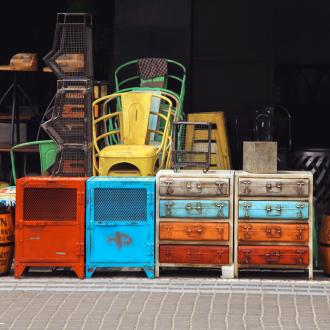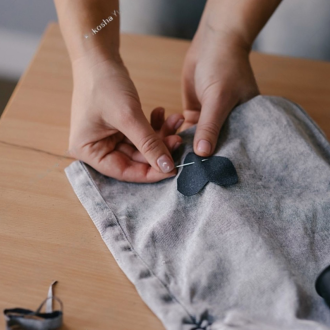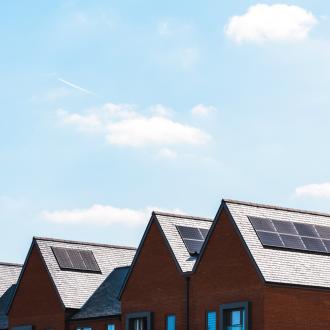80% footprint
In Scotland, we use on average 19.3 tonnes of resources per person per year, well above the 6-8 tonnes considered to be sustainable.
Around 80% of Scotland’s carbon footprint comes from all the goods, materials and services which we produce and use. A lot of the time, we throw these away after just one use.
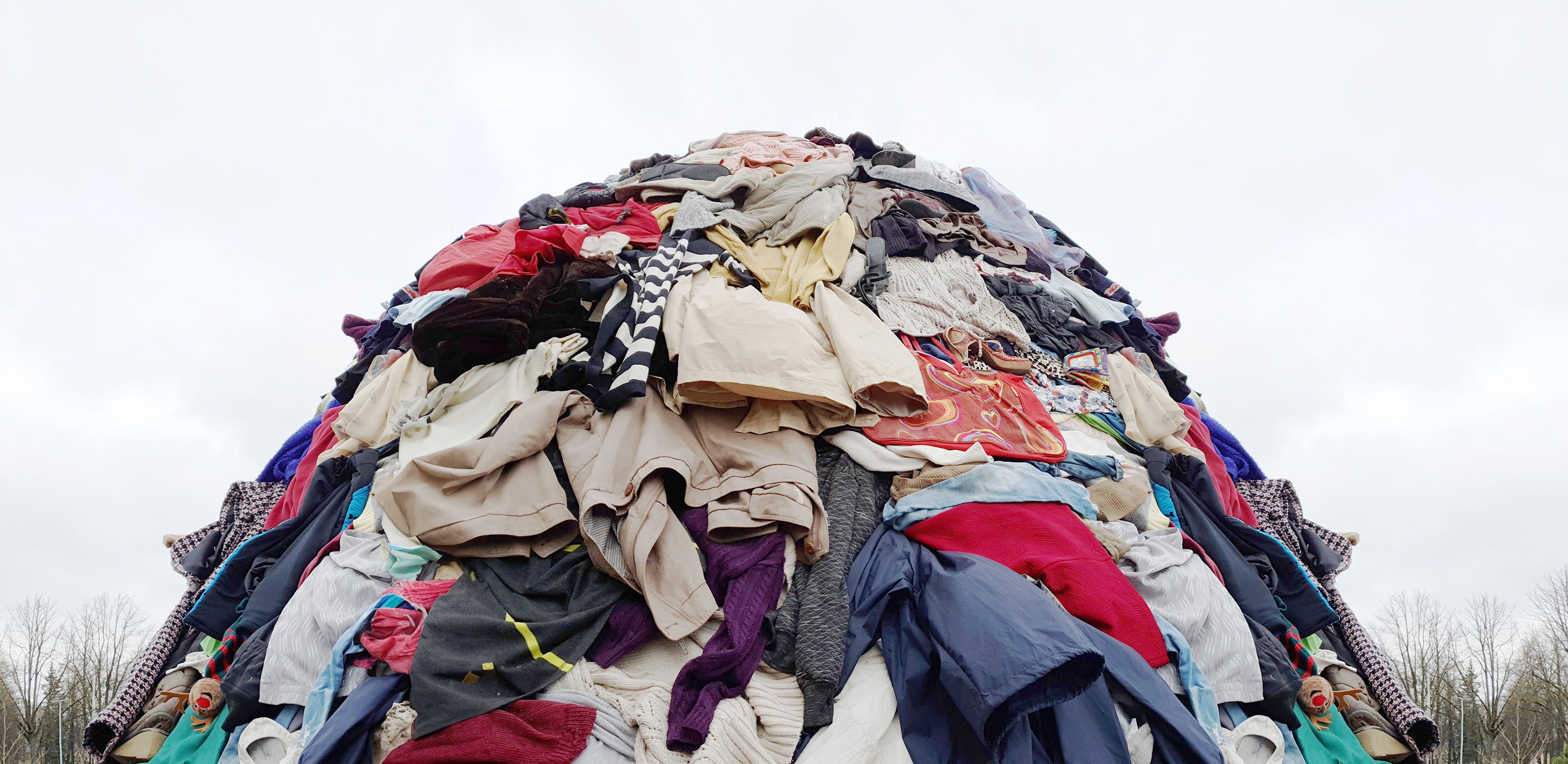
Less waste is good for everyone
Buying and wasting less, saves money, reduces energy, conserves resources, and preserves the natural beauty of Scotland.
What Scotland is doing

Share and repair
The Share and Repair Network helps local communities across the country by offering sustainable and affordable alternatives to buying new products.
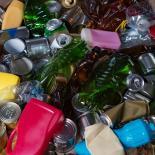
Revolve and reuse
Revolve is Zero Waste Scotland’s dedicated support programme for all types of reuse organisations, including second hand shops, tool libraries, and repair-based enterprises.
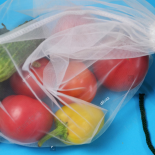
Live well, waste less
Zero Waste Scotland offers free advice and resources on how to waste less and make things last longer.
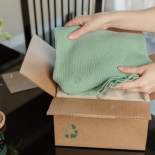
Circular communities
Circular Communities Scotland represents a network of charities and social enterprises that support our circular economy.
Resources and links
Share and repair
Revolve and Reuse
Live well, waste less
Circular communities
Take action starting now
To achieve net zero by 2045, we must take action now. Start here to find ways that you can make changes in your life at home and on the go.


